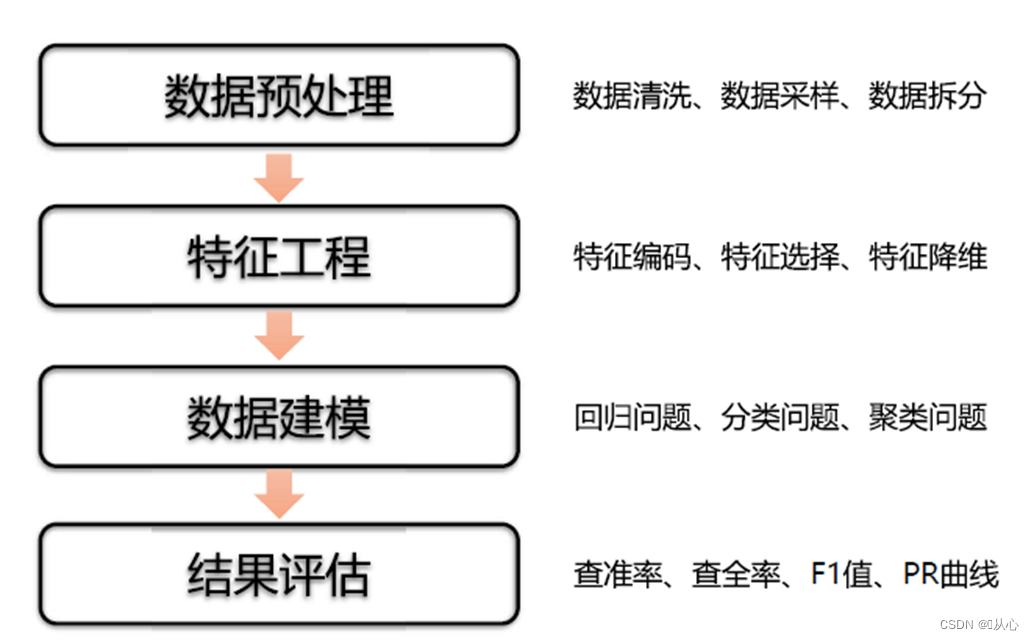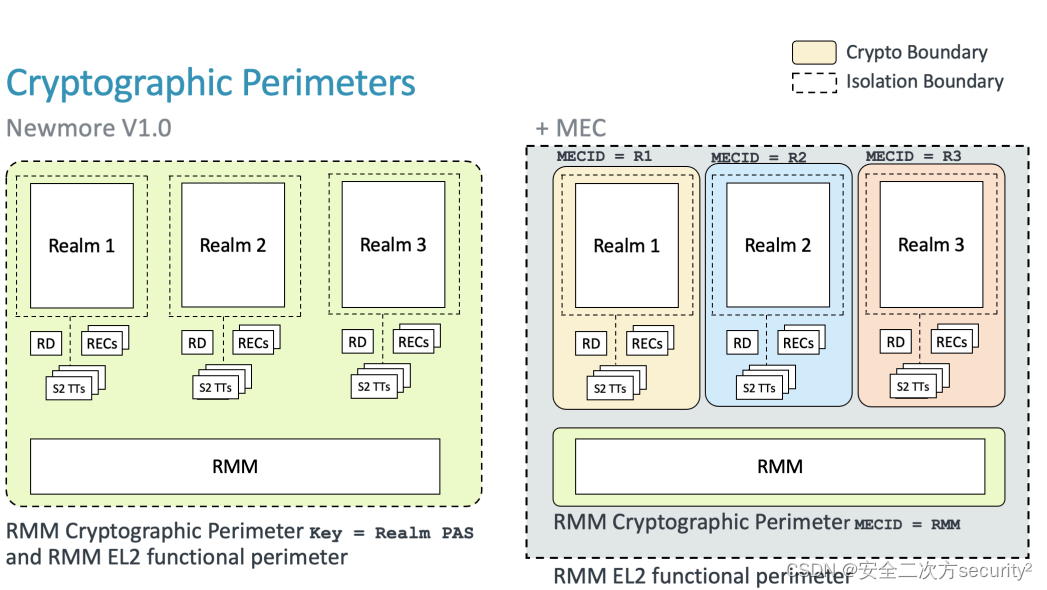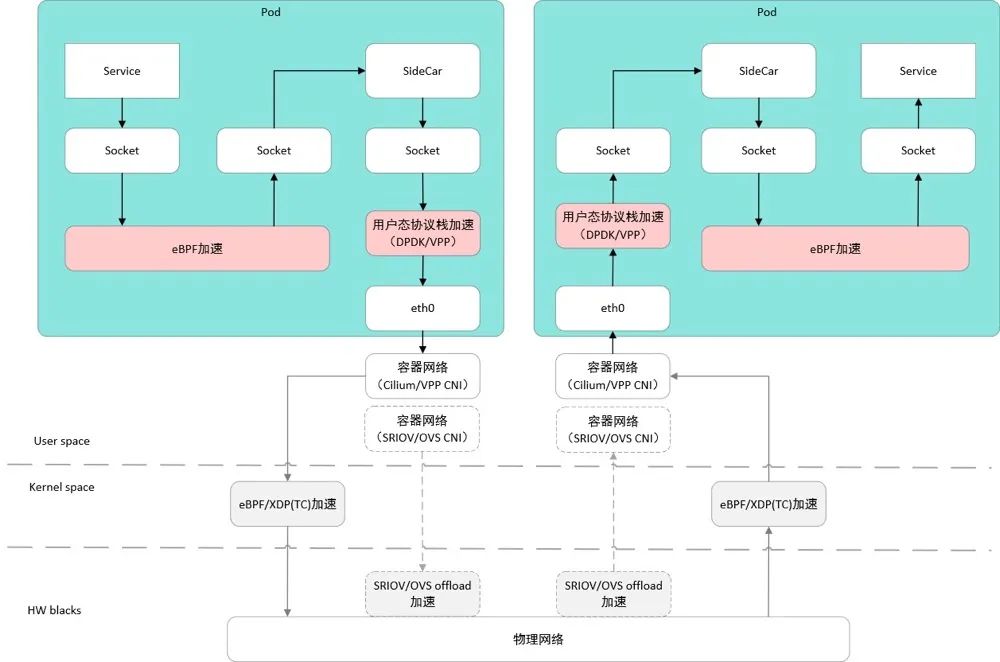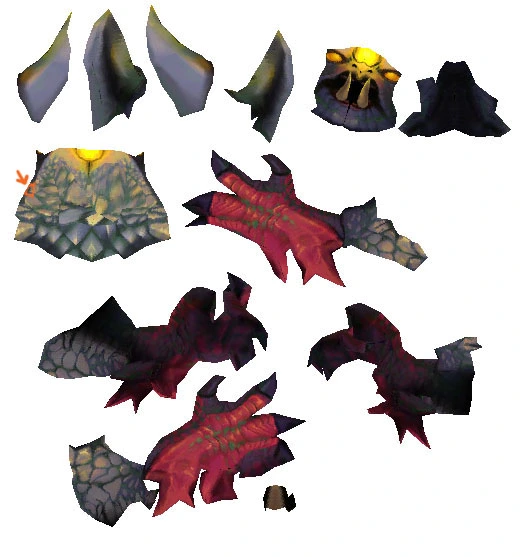A、模拟
B、模拟
C、模拟
D、模拟
E、思维,前缀和
F、思维、逆序对
G、最短路
A - Odd One Out
题意:给定三个数字,有两个相同,输出那个不同的数字。
直接傻瓜写法
void solve()
{
int a , b , c;
cin >> a >> b >> c;
if(a == b){
cout << c << endl;
}
else if(a == c){
cout << b << endl;
}
else
cout << a << endl;
} B - Not Quite Latin Square
题意:给定一个3*3的矩阵,每一行每一列都有且仅有A、B、C三个字母组成。现在给出矩阵中有一个? , 求这个?代表哪个字母。
可以用二进制表示三个字母是否存在
void solve()
{
string s[3];
for(int i = 0 ; i < 3; i ++)
cin >> s[i];
for(int i = 0 ; i < 3 ;i ++){
int mask = 0;
for(int j = 0 ; j < 3 ; j ++){
mask += (1 << (s[i][j] - 'A')) * (s[i][j] != '?');
}
if(mask != 7){
for(int j = 0 ; j < 3 ; j ++){
if((mask >> j) & 1){
continue;
}
else{
char c = j + 'A';
cout << c <<endl;
}
}
}
}
} C - Can I Square?
题意:给定一个数组,求数组之和能否形成完全平方数。
注意:直接用sqrt会因为精度问题而出错,所以在[sqrt - 2 , sqrt + 2]之间都试一遍即可。
void solve()
{
LL sum = 0;
cin >> n;
for(int i = 0 ; i < n ; i ++){
int x;
cin >> x;
sum += x;
}
LL t = sqrt(sum);
for(LL i = t - 1 ; i <= t + 1 ; i ++){
if(i < 0)
continue;
if(i * i == sum){
cout <<"YES\n";
return;
}
}
cout <<"NO\n";
} D - Unnatural Language Processing
题意:
思路:将a、e看成0,b、c、d看成1。整个单词变成了一个01串,然后发现:当连续的两个1出现时,前一个1需要放到前面的音节结尾。当只有一个连续的1,那么这个1就是音节的开头。然后模拟整个过程就行。
// Problem: D. Unnatural Language Processing
// Contest: Codeforces - Codeforces Round 918 (Div. 4)
// URL: https://codeforces.com/contest/1915/problem/D
// Memory Limit: 256 MB
// Time Limit: 1000 ms
//
// Powered by CP Editor (https://cpeditor.org)
#include <bits/stdc++.h>
using namespace std;
#define LL long long
#define pb push_back
#define x first
#define y second
#define endl '\n'
const LL maxn = 4e05+7;
const LL N = 5e05+10;
const LL mod = 1e09+7;
const int inf = 0x3f3f3f3f;
const LL llinf = 5e18;
typedef pair<int,int>pl;
priority_queue<LL , vector<LL>, greater<LL> >mi;//小根堆
priority_queue<LL> ma;//大根堆
LL gcd(LL a, LL b){
return b > 0 ? gcd(b , a % b) : a;
}
LL lcm(LL a , LL b){
return a / gcd(a , b) * b;
}
int n , m;
vector<int>a(N , 0);
void init(int n){
for(int i = 0 ; i <= n ; i ++){
a[i] = 0;
}
}
//10 101
void solve()
{
cin >> n;
string s;
cin >> s;
for(int i = 0 ; i < n ; i ++){
if(s[i] == 'a' || s[i] == 'e'){
a[i] = 0;
}
else{
a[i] = 1;
}
}
for(int i = 0 ; i < n ; i ++){
if(a[i] == 1){
cout << s[i];
}
else if(a[i] == 0){
if(i < n - 3){
if(a[i + 1] == 1 && a[i + 2] == 1){
cout << s[i] << s[i + 1] <<".";
i++;
}
else{
cout << s[i] <<".";
}
}
else if(i == n - 3){
cout << s[i] <<".";
}
else if(i == n - 2){
cout << s[i] << s[i + 1];
i++;
}
else{
cout << s[i];
}
}
}
cout << endl;
}
int main()
{
ios::sync_with_stdio(false);
cin.tie(0);
cout.tie(0);
cout.precision(10);
int t=1;
cin>>t;
while(t--)
{
solve();
}
return 0;
}
E - Romantic Glasses
题意:给定一数组,求其中是否存在某个连续子序列是否满足
思路:转移之后有公式,也就是对于原数组的奇数项都乘 -1 之后,求是否存在某个区间之和为0。
用前缀和数组来表示区间,也就是存在
, 也就是
。因此我们可以逐步递增
,然后看之前是否出现过
与
相等。可用map或者set来存之前出现过的前缀和情况。这样整个复杂度为
// Problem: E. Romantic Glasses
// Contest: Codeforces - Codeforces Round 918 (Div. 4)
// URL: https://codeforces.com/contest/1915/problem/E
// Memory Limit: 256 MB
// Time Limit: 1000 ms
//
// Powered by CP Editor (https://cpeditor.org)
#include <bits/stdc++.h>
using namespace std;
#define LL long long
#define pb push_back
#define x first
#define y second
#define endl '\n'
#define int long long
const LL maxn = 4e05+7;
const LL N = 5e05+10;
const LL mod = 1e09+7;
const int inf = 0x3f3f3f3f;
const LL llinf = 5e18;
typedef pair<int,int>pl;
priority_queue<LL , vector<LL>, greater<LL> >mi;//小根堆
priority_queue<LL> ma;//大根堆
LL gcd(LL a, LL b){
return b > 0 ? gcd(b , a % b) : a;
}
LL lcm(LL a , LL b){
return a / gcd(a , b) * b;
}
int n , m;
vector<int>a(N , 0);
void init(int n){
for(int i = 0 ; i <= n ; i ++){
a[i] = 0;
}
}
void solve()
{
cin >> n;
for(int i = 0 ; i < n ; i ++){
cin >> a[i];
if(i % 2 == 1){
a[i] *= -1;
}
}
set<int>pre;
pre.insert(0);
int sum = 0;
for(int i = 0 ; i < n ; i ++){
sum += a[i];
//cout << sum << endl;
if(pre.count(sum)){
cout <<"YES\n";
return;
}
pre.insert(sum);
}
cout <<"NO\n";
return;
}
signed main()
{
ios::sync_with_stdio(false);
cin.tie(0);
cout.tie(0);
cout.precision(10);
int t=1;
cin>>t;
while(t--)
{
solve();
}
return 0;
}
F - Greetings
题意:
思路:将所有人的起点按照从小到大进行排序,这样就满足了后面的人不会撞到前面的人(只存在后面的人已经到达终点了,然后被前面的人撞)。然后再考虑能够撞多少个人:对于排完序以后的第个人而言,他能撞到的人是
以后的,终点小于等于
的人。因此也就是
的个数,也就是按照起点排完序之后的
数组的逆序对数量,然后套一遍逆序对的板子即可。
// Problem: F. Greetings
// Contest: Codeforces - Codeforces Round 918 (Div. 4)
// URL: https://codeforces.com/contest/1915/problem/F
// Memory Limit: 256 MB
// Time Limit: 5000 ms
//
// Powered by CP Editor (https://cpeditor.org)
#include <bits/stdc++.h>
using namespace std;
#define LL long long
#define pb push_back
#define x first
#define y second
#define endl '\n'
const LL maxn = 4e05+7;
const LL N = 5e05+10;
const LL mod = 1e09+7;
const int inf = 0x3f3f3f3f;
const LL llinf = 5e18;
typedef pair<int,int>pl;
priority_queue<LL , vector<LL>, greater<LL> >mi;//小根堆
priority_queue<LL> ma;//大根堆
LL gcd(LL a, LL b){
return b > 0 ? gcd(b , a % b) : a;
}
LL lcm(LL a , LL b){
return a / gcd(a , b) * b;
}
int n , m;
vector<int>a(N , 0);
void init(int n){
for(int i = 0 ; i <= n ; i ++){
a[i] = 0;
}
}
int tmp[N];
LL merge_sort(int q[], int l, int r)
{
if (l >= r) return 0;
int mid = (l + r) >> 1; // 二分区间
LL res = merge_sort(q, l, mid) + merge_sort(q, mid + 1, r);
//归并
int i = l, j = mid + 1, k = 0;
while (i <= mid && j <= r)
{
if (q[i] <= q[j]) tmp[k ++] = q[i ++]; // 前面的排序正常,注意`=` 说明不是逆序对
else
{
res += mid - i + 1;
tmp[k ++] = q[j ++];
}
}
// 扫尾工作
while (i <= mid) tmp[k ++] = q[i ++];
while (j <= r) tmp[k ++] = q[j ++];
for (int i = l, j = 0; i <= r; i ++ , j ++) q[i] = tmp[j];
return res;
}
void solve()
{
cin >> n;
pair<int,int>po[n];
for(int i = 0 ; i < n ; i++){
cin >> po[i].x >> po[i].y;
}
sort(po , po + n);
int a[n];
for(int i = 0 ; i < n ; i ++){
a[i] = po[i].y;
}
LL ans = merge_sort(a , 0 , n - 1);
cout << ans <<endl;
}
int main()
{
ios::sync_with_stdio(false);
cin.tie(0);
cout.tie(0);
cout.precision(10);
int t=1;
cin>>t;
while(t--)
{
solve();
}
return 0;
}
G - Bicycles
题意:

思路:观察到数据不大。因此直接考虑最短路算法。需要注意的是,整个过程不仅仅有点这一个条件,还有自行车速度系数这个限制。因此需要将这两个限制都表示出来,具体看代码注释
// Problem: G. Bicycles
// Contest: Codeforces - Codeforces Round 918 (Div. 4)
// URL: https://codeforces.com/contest/1915/problem/G
// Memory Limit: 256 MB
// Time Limit: 4000 ms
//
// Powered by CP Editor (https://cpeditor.org)
#include <bits/stdc++.h>
using namespace std;
#define LL long long
#define pb push_back
#define x first
#define y second
#define endl '\n'
#define int long long
const LL maxn = 4e05+7;
const LL N = 1010;
const LL mod = 1e09+7;
const int inf = 0x3f3f3f3f;
const LL llinf = 5e18;
typedef pair<int,int>pl;
priority_queue<LL , vector<LL>, greater<LL> >mi;//小根堆
priority_queue<LL> ma;//大根堆
LL gcd(LL a, LL b){
return b > 0 ? gcd(b , a % b) : a;
}
LL lcm(LL a , LL b){
return a / gcd(a , b) * b;
}
int n , m;
vector<int>a(N , 0);
void init(int n){
for(int i = 0 ; i <= n ; i ++){
a[i] = 0;
}
}
struct node{
int num;
int dis;
bool operator > (const node &t) const
{
return dis > t.dis;
}
int own;
}tmp;
int dis[N][N];//到达i点,且拥有自行车系数j的最短距离
int vis[N][N];//到达i点,且拥有自行车系数j的可能性
vector<node>tr[N];
int cost[N];
void dij(int s)
{
for(int i = 1 ; i <= n ; i ++){
for(int j = 0 ; j <= 1000 ; j ++){
dis[i][j] = llinf;
}
}
priority_queue<node,vector<node> , greater<node> > q;
q.push({s , 0 , cost[1]});
dis[s][cost[1]] = 0;
while(!q.empty())
{
tmp = q.top();
int x = tmp.num;//所在地
int y = tmp.own;//拥有的自行车系数
q.pop();
if(vis[x][y] == 1)
continue;
vis[x][y] = 1;
for(int i = 0 ; i < (int)tr[x].size() ; i ++ )
{
node now = tr[x][i];
int len = tr[x][i].dis;//距离
int e = tr[x][i].num;//目标地
int pp = min(y , cost[e]);//到达目的地之后所拥有的自行车系数
if(dis[e][pp] > dis[x][y] + len * y)
{
dis[e][pp] = dis[x][y] + len * y;
q.push({e , dis[e][pp] , pp});
}
}
}
}
void solve()
{
cin >> n >> m;
for(int i = 1 ; i <= n ; i ++){
tr[i].clear();
for(int j = 0 ; j <= 1000 ; j ++){
vis[i][j] = 0;
}
}
for(int i = 0 ; i < m ; i ++){
int u , v , dis;
cin >> u >> v >> dis;
tr[u].pb({v , dis , 0});
tr[v].pb({u , dis , 0});
}
for(int i = 1 ; i <= n ; i ++){
cin >> cost[i];
}
dij(1);
int ans = llinf;
for(int i = 0 ;i <= 1000 ; i++){
ans = min(ans , dis[n][i]);
}
cout << ans << endl;
}
signed main()
{
ios::sync_with_stdio(false);
cin.tie(0);
cout.tie(0);
cout.precision(10);
int t=1;
cin>>t;
while(t--)
{
solve();
}
return 0;
}


















